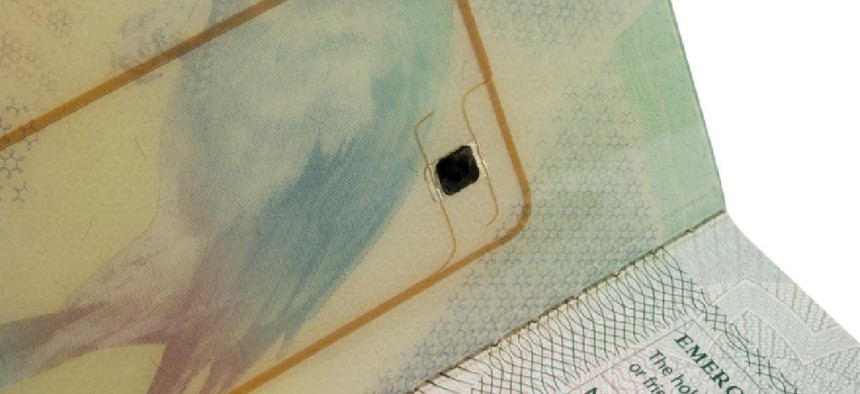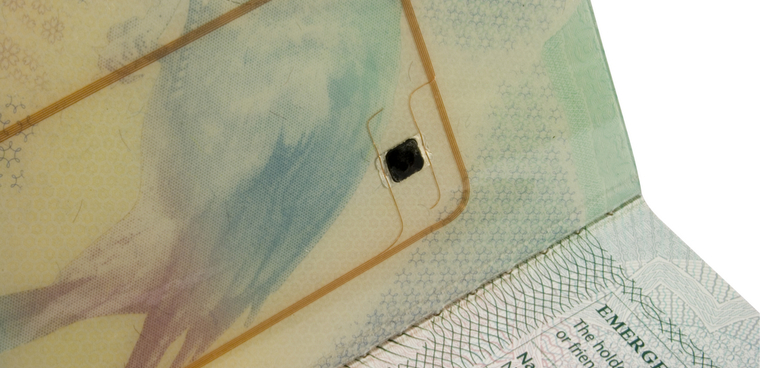Senators want CBP to close e-Passport security gap

U.S. border authorities lack the software to authenticate digital signatures in ePassports -- a situation two senators would like to change.

Two senators want Customs and Border Protection to find a way to activate anti-forgery capabilities on e-passports by early next year, saying the agency was advised years ago that the capabilities were needed.
Sen. Claire McCaskill (D-Md.), the ranking member of the Senate Homeland Security and Government Affairs Committee, and Sen. Ron Wyden (D-Ore.) told Kevin McAleenan, acting commissioner of Customs and Border Protection, that the agency needed to take advantage of capabilities on existing e-passports to thwart forgeries.
McCaskill and Wyden urged McAleenan in a Feb. 22 letter to work with the General Services Administration to determine the costs of developing or buying technology that would validate digital signatures integrated on electronic passport chips issued by nations participating in the Visa Waiver Program.
The lawmakers want CBP to develop and implement a plan to use the capabilities by January 2019.
A 2002 border security law included a requirement that countries participating in the Visa Waiver Program to have smart chips with anti-forgery features on their passports. The program allows citizens of the 38 participating nations, mostly strong U.S. allies, visa-free entry.
Since 2015, e-Passports have been required for travel to the U.S. under the visa waiver program. CBP has the technology to access data on e-passports, but not the software to authenticate the information.
This security gap was known years before the e-Passport requirement went into effect. Wyden and McCaskill cited a 2010 Government Accountability Office study that showed the Department of Homeland Security was unable to verify those electronic signatures.
"It is past time for CBP to utilize the digital security features it required be built into e-Passports," McCaskill and Wyden said.


